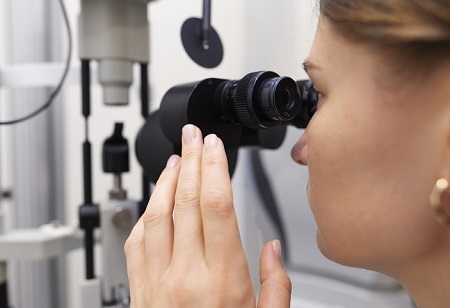India Pharma Outlook Team | Tuesday, 16 January 2024

Drug Farm, a clinical-stage biopharmaceutical company announced that the US Food and Drug Administration (FDA) has granted Rare Paediatric Disease (RPD) Designation for the company’s alpha-kinase 1 (ALPK1) inhibitor, DF-003, to treat patients with ROSAH (retinal dystrophy, optic nerve edema, splenomegaly, anhidrosis and headache) syndrome. DF-003 is currently being evaluated in a phase 1 trial (NCT05997641) to assess safety and pharmacokinetics in normal healthy volunteers.
“Paediatric patients living with ROSAH syndrome face a significant unmet need with limited options to treat vision loss,” said Jeysen Yogaratnam, chief medical officer, Drug Farm. “Obtaining Rare Paediatric Disease Designation recognizes the serious and debilitating complications of this rare disease and upholds our goal to provide DF-003 as the first targeted drug for potential treatment in patients afflicted with ROSAH syndrome.”
Rare Paediatric Disease (RPD) Designation is granted by the FDA for serious or life-threatening diseases which affect fewer than 200,000 people in the United States and in which the serious or life-threatening manifestations primarily affect individuals less than 18 years of age. If a New Drug Application (NDA) for DF-003 to treat ROSAH Syndrome is approved by the FDA, Drug Farm may be eligible to receive a Priority Review Voucher (PRV) that can be redeemed to receive a priority review for any subsequent marketing application or may be sold or transferred. The FDA has implemented this programme to encourage drug development for treatment of rare paediatric diseases.
ROSAH (retinal dystrophy, optic nerve edema, splenomegaly, anhidrosis and headache) Syndrome is a rare, autosomal dominant autoinflammatory disease named according to the characteristic symptoms exhibited by affected patients. The disease is caused by a genetic gain-of-function mutation in ALPK1.